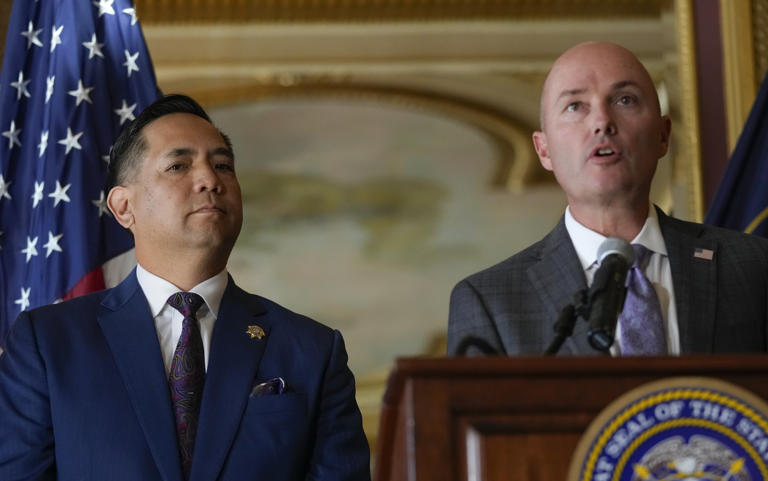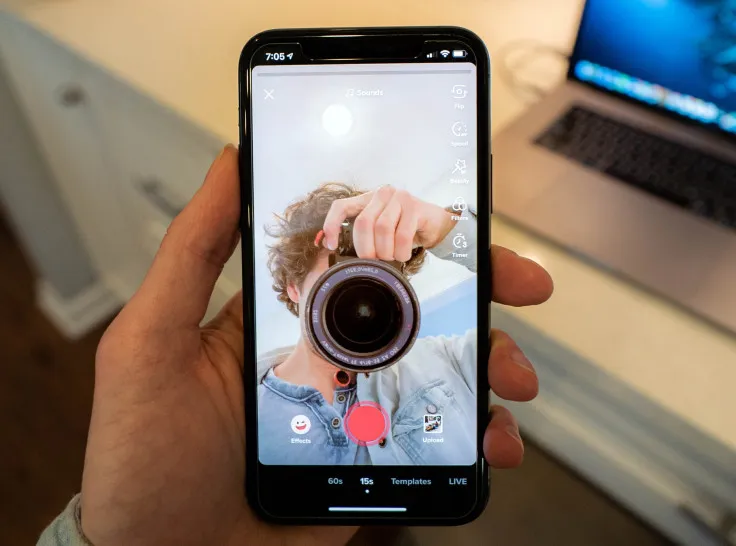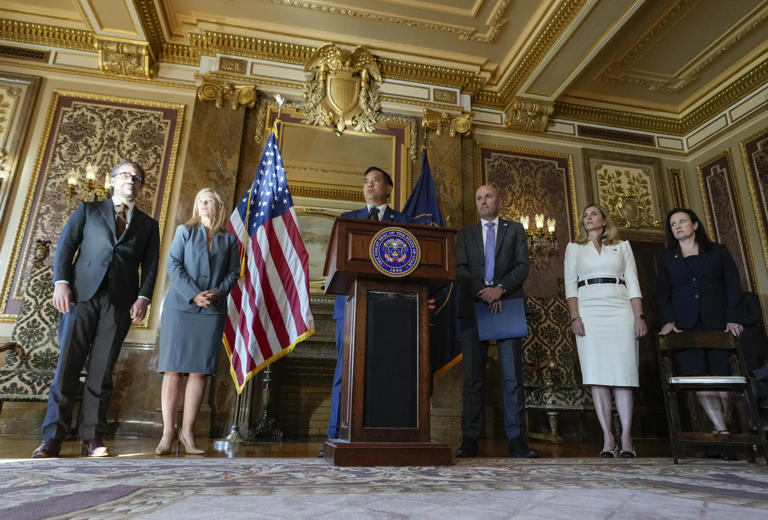Utah has become the third U.S. state to file a lawsuit against social media giant TikTok, asserting that the platform deliberately created addiction among the state’s children. The lawsuit, which joins similar actions in Indiana and Arkansas, claims that TikTok has led children into unhealthy and addictive usage, misrepresented its safety measures, and falsely presented itself as independent from its China-based parent company, ByteDance.

Republican Governor Spencer Cox made the announcement, and the lawsuit’s primary objective is to compel TikTok to change its practices, along with imposing fines and penalties to address the harm caused to Utah children, including funding education efforts.
One of the notable proposals from Utah officials is the establishment of a digital curfew for minors, which would require parental consent for children to sign up for social media apps. Companies would also be obliged to verify the ages of all their users in Utah. These measures are aimed at mitigating the potential harm that excessive screen time and exposure to social media can have on children.
However, the lawsuit has sparked a debate over the boundaries of freedom of expression. Not all Americans support a TikTok ban, and the tech industry has expressed concerns about granting parents access to their children’s accounts, including private messages.

In response, a TikTok spokesperson stated, “TikTok has industry-leading safeguards for young people, including an automatic 60-minute time limit for users under 18 and parental controls for teen accounts. We will continue to work to keep our community safe by tackling industry-wide challenges.”
Utah’s concern is amplified by the fact that it has the highest percentage of children per capita in the United States, with over 27 per cent of its population being under 18. Governor Cox emphasized the need for social media companies to take responsibility for the impact of their platforms on children’s mental health and well-being. The lawsuit claims that TikTok’s motive for converting youngsters into social media addicts is to monetize their attention and convert it into advertising revenue.
This lawsuit echoes the action brought by Indiana against TikTok in December, and a similar lawsuit from Arkansas in March targeted both TikTok and Facebook-parent company Meta for promoting addictive platforms.

Furthermore, in Montana, a legal battle is unfolding as TikTok seeks to block the state’s first-of-its-kind ban on TikTok, scheduled to take effect on January 1. Montana’s move to ban TikTok is the first of its kind and has sparked federal suits alleging unjust censorship, even though TikTok’s parent company, ByteDance, is associated with Beijing’s controversial record on free speech.
The debate over banning TikTok is a polarizing one, with many Americans seeing it as a restriction on freedom of speech, while others express privacy concerns and support the ban. A CBS poll conducted in March found that 61 per cent of adults want to see the app disappear.

The crux of the debate is whether TikTok is being unfairly targeted compared to other social media platforms, with some arguing that privacy issues extend beyond TikTok, pointing to concerns with larger platforms like Twitter and Facebook. TikTok’s diverse user base, which includes adults and not just children, further complicates the discussion about the platform’s impact and regulations.
This legal battle against TikTok underscores the challenges in navigating the evolving landscape of digital technology and the need to strike a balance between freedom of expression, privacy, and protecting vulnerable users, particularly children. It also raises questions about the role and responsibility of tech companies in ensuring the well-being of their users.








